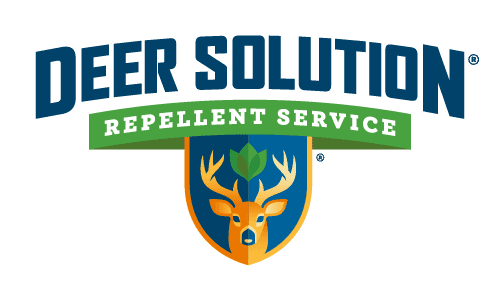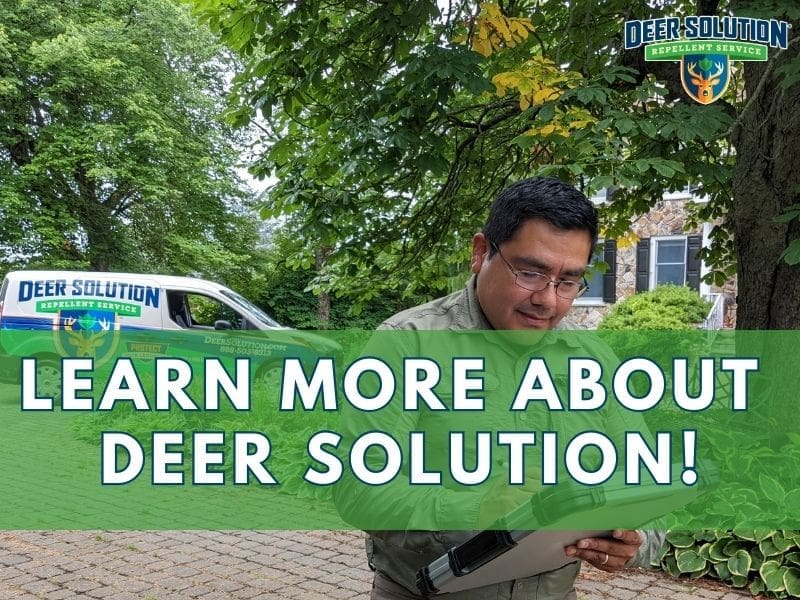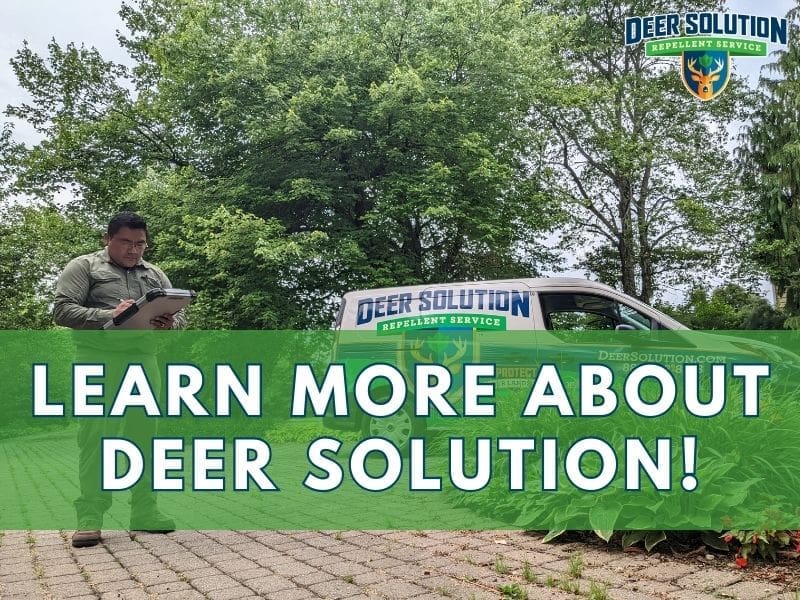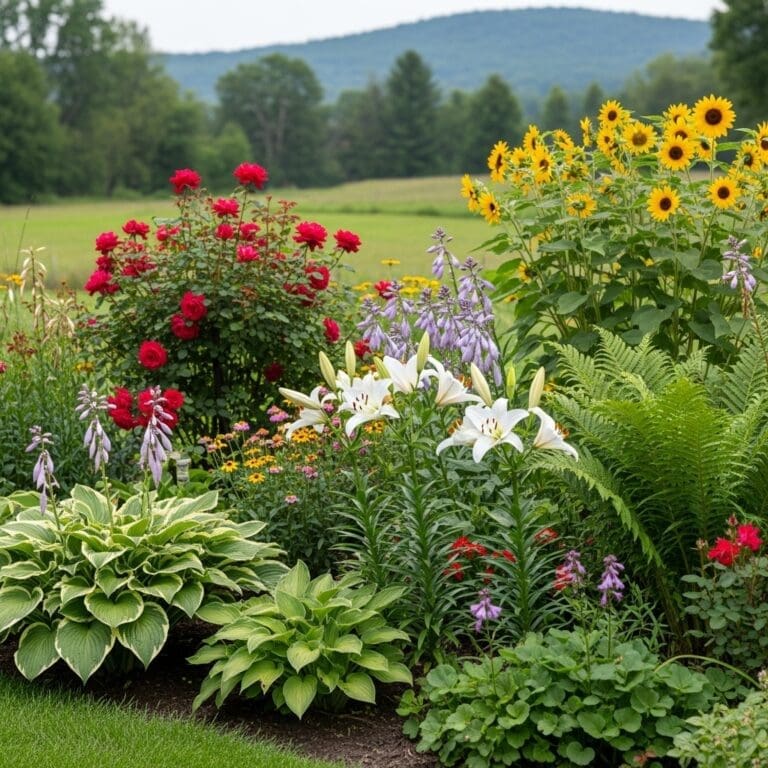Randolph County, nestled within the verdant landscapes of North Carolina, is facing a growing environmental and community challenge: the surge in deer populations and the ensuing damage to both natural habitats and human cultivation efforts.
This situation raises critical questions about ecological balance, conservation ethics, and the sustainable coexistence of wildlife and human communities.
The Garden Deer Protection Conundrum
The quest for effective garden deer protection strategies in Randolph County underscores the broader struggle between preserving wildlife and safeguarding human agricultural and horticultural interests. Gardeners and homeowners are increasingly seeking ways to protect their green spaces from deer, which, despite their natural beauty, can cause significant damage to plants and vegetables.
The effectiveness of traditional methods, such as fencing and repellents, is often fleeting, as deer adapt and continue to encroach on cultivated areas in search of food.
Delving Into Deer Overpopulation
The question of whether deer are overpopulated in Randolph County is complex and multifaceted. On one hand, the visible increase in deer-human encounters, from garden invasions to traffic hazards, suggests a growing problem.
On the other hand, addressing this issue involves careful consideration of ecological impacts, such as the effects on biodiversity and the health of forest understories. The balance between deer population control and the maintenance of ecological integrity is delicate, necessitating informed and compassionate approaches.
Towards Ecologically Sound Solutions
Addressing deer overpopulation and its associated challenges requires a multifaceted and community-oriented approach. Solutions may include habitat management to reduce deer-human encounters, promotion of natural predators to help regulate deer populations, and controlled hunting aligned with conservation goals.
Additionally, public education on coexisting with wildlife and the adoption of garden designs that deter deer can contribute to mitigating the issue.

The Community’s Role
Community engagement and collaboration are pivotal in addressing the deer dilemma in Randolph County.
By participating in local conservation efforts, supporting sustainable wildlife management practices, and sharing knowledge on deer-resistant gardening, residents can play an active role in fostering a balanced and respectful relationship with the local deer population.
The challenge posed by deer overpopulation in Randolph County is a microcosm of broader environmental and ethical issues facing many communities today. Finding a path forward requires a blend of scientific understanding, ethical consideration, and community engagement.
As Randolph County navigates these complexities, the collective goal remains clear: to achieve a sustainable coexistence that honors both the natural world and human needs.










